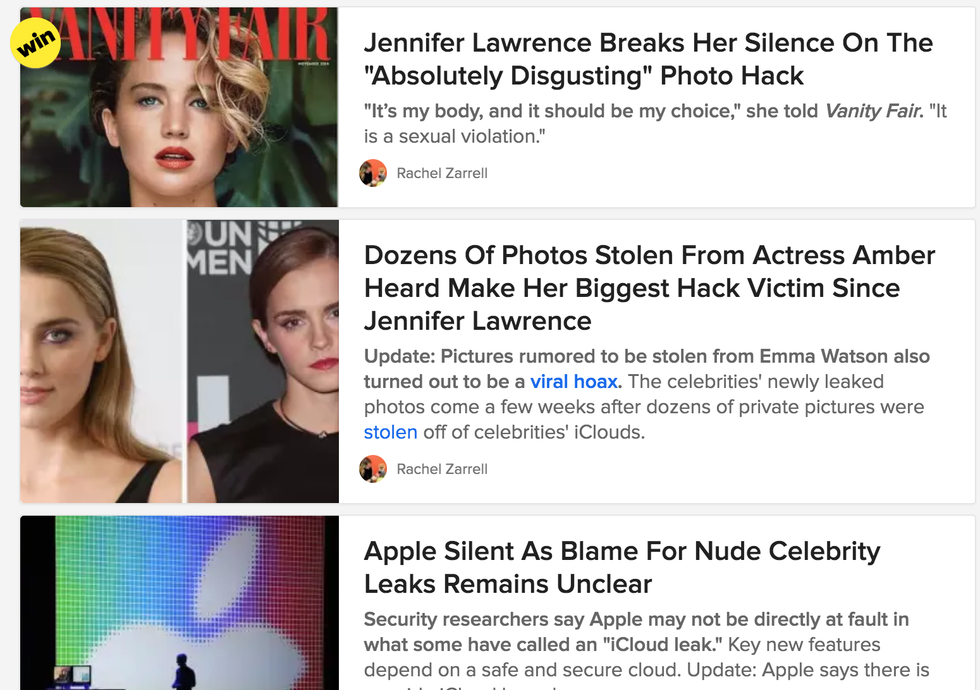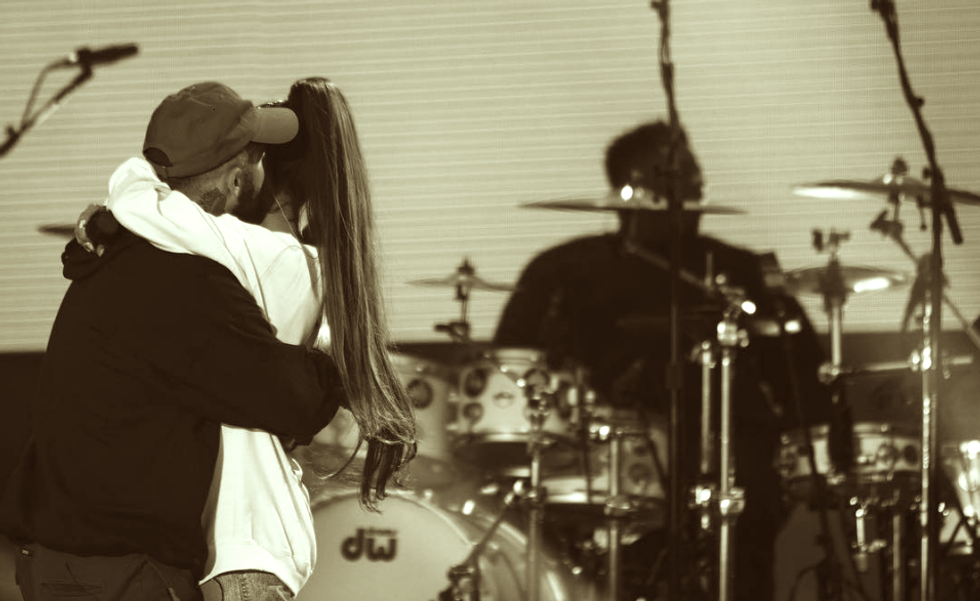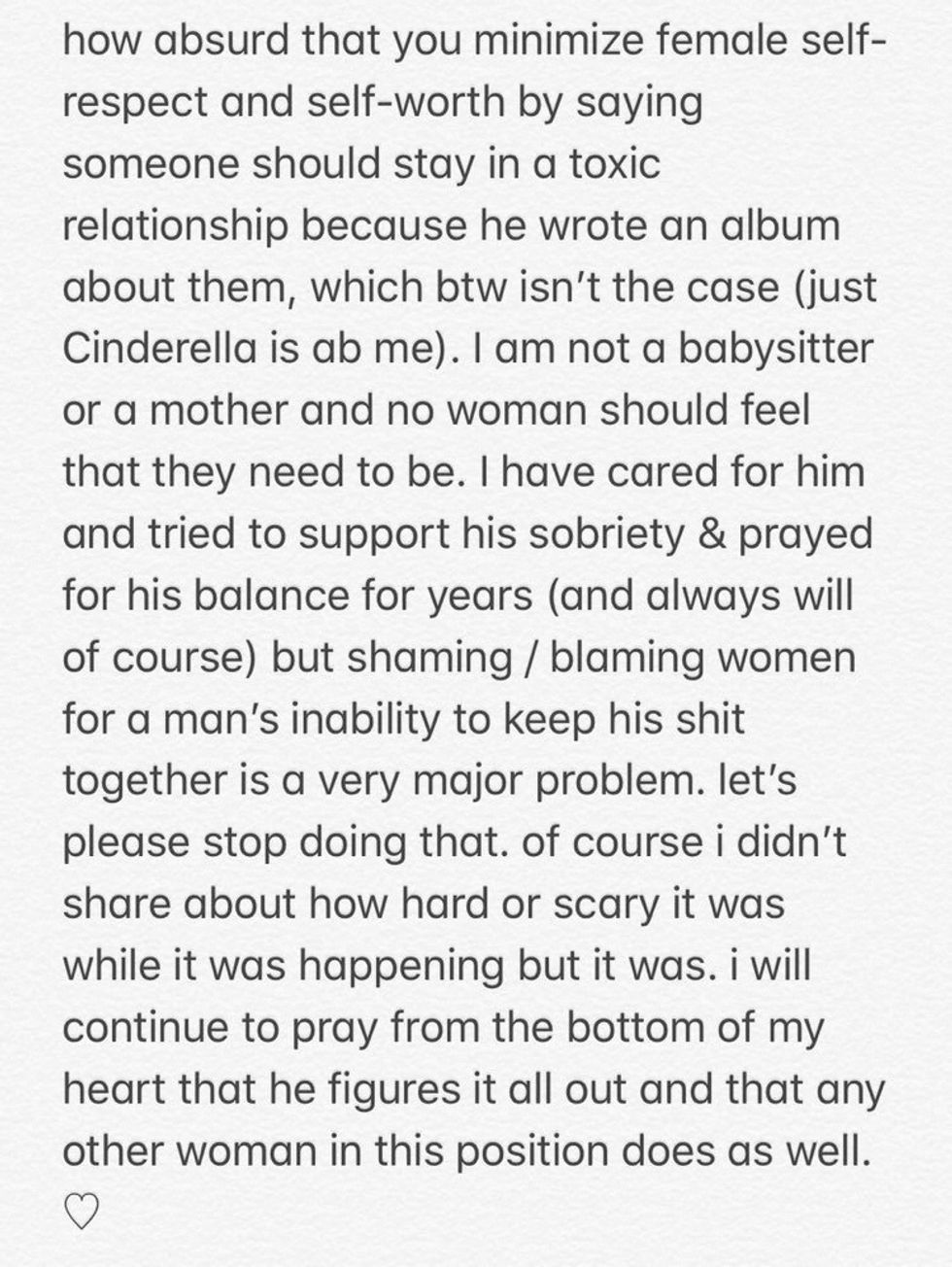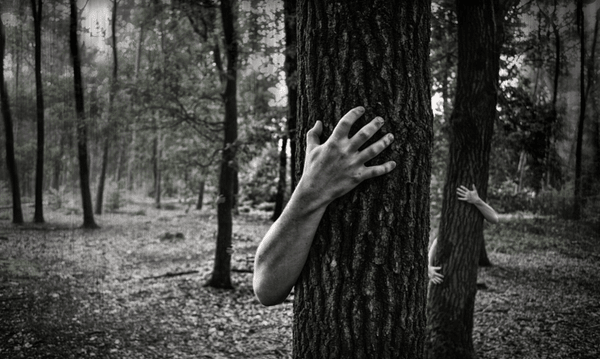Hacking: Victim Blame, Shame, And Stigma
You don't blame the victim of a stolen purse, why are you blaming the victim of stolen digital data?
In 2014 a hacker leaked private nude photos online from celebrities phones. Over one hundred celebrities' intimate moments were exposed to the entire internet community. These victims believed they had confidentiality and protection under a secure and encrypted server only to have their privacy ripped from them and put on display for all to see.

The response from the public that you would hope for is one based on sympathy and understanding. As empathetic creatures, we don't blame the person whose house was broken into during the night. Or the person whose car was hotwired and stolen.
Yet something about this case was different. While some felt sympathy for the stars, others deeply blamed and shamed them for what was viewed as a "sex scandal" or "carelessness." 'Scandal' here insinuating blame and guilt. Online forums and app feeds were riddled with insults and direct attacks on the victims, both angry and mocking.
As if that wasn't malicious enough, others directly participated in the crime by further distributing the content on other sites. Many users viewed it as a joke or prize. A woman prided herself on sending the video to her husband while amusingly calling herself the best wife ever. A man posted it as something akin to a present on 4chan for other users to have for their own pleasure.
Let's not forget the popularized image of the hacker persona. This blamed brand we place on victims has upheld its structure even with the character created through cinema and media. The hacker is usually depicted as a destructive narcissistic figure obsessed with his personal significance with a blatant disregard for others surrounding.
Though this is rooted in stereotypical perceptions, even with a widely accepted hacker persona, we are still eager to attack the victims from not only the celebrity photo incident but every other hack.
Shouldn't we have deleted the photos and reported the posts? Shouldn't we have openly expressed our empathy in our tweets and snaps?
I say empathy here rather than sympathy because, at the end of the day, can't we truly relate? Those of us who have a phone, laptop, iPad, what have you, are all at risk for security breaches like this. In the advanced technological era we are living in today, it's next to impossible to be completely private online. While it is important to understand a device's capabilities for defense against hackers, it is progressively harder to limit our exposure.
Cybercriminals have found ways to monetize just about any kind of data and one simple mistake can lead to one worm, one virus, one malware that has the ability to enlist our devices to botnet networks, gain access to personal accounts and information, and infect other computers. Whether our personal data is shared with advertising companies or third parties, there's a very real chance it is indefinitely stored in databases.
Like it or not, we all have potential targets on our backs.
I say this not to create fear, but awareness.
Somewhere along the way we normalized this blame.
We know the internet isn't impenetrable. These violations serve as reminders that it's an unstable foundation, and yet we forget. So let's write it on the back of our hands and remember that hacks could happen to anyone. In shaming those celebrities you are a shaming a potential you.
Sure there are other important questions to ask: what can we do to further prevent victims from hacks?
There are measures we can take to try to take and prevent attacks such as updating passwords, installing a credible VPN, and recognizing potentially threatening emails. And at the same time, we can't monitor our information stored in large databases like Target and Sony, whose databases were breached last year.
Because the internet has grown to be so vast and complex over the past thirty years, so have the hacks. Instead of looking out for just one species, there are new and improved breeds every day.
In a seemingly inevitable future, it's important to focus on finding a healthy way to reverse this societal blame that has constructed a harmful stigma. Maybe through spreading awareness about our susceptibility, it will invoke compassion in bitter users who have lowered themselves to victim blaming. Perhaps it also will invoke fear. It's hard to say, but one thing is for certain:
Being hacked or potentially hacked shouldn't stop you from living your life. We can't listen to the cruel voices that echo our guilt, it's not worth it.
Sure, we could delete our online accounts, refrain from taking photos, live in constant anxiety. Or, we could accept a rational risk in trusting that our privacy is safe and acknowledge that everyone else is doing the same.
It's time to shatter the stigma and embrace the takeaways that celebrity hacks and other leaks have taught us: invasion of privacy is wrong. The internet shouldn't influence that ruling. The victims of these attacks aren't to blame because we are all potential victims to these personal violations, just as we are in the offline world. So let's start treating these incidents the right way.
The hacked are not to blame, guilt, or shame.



























